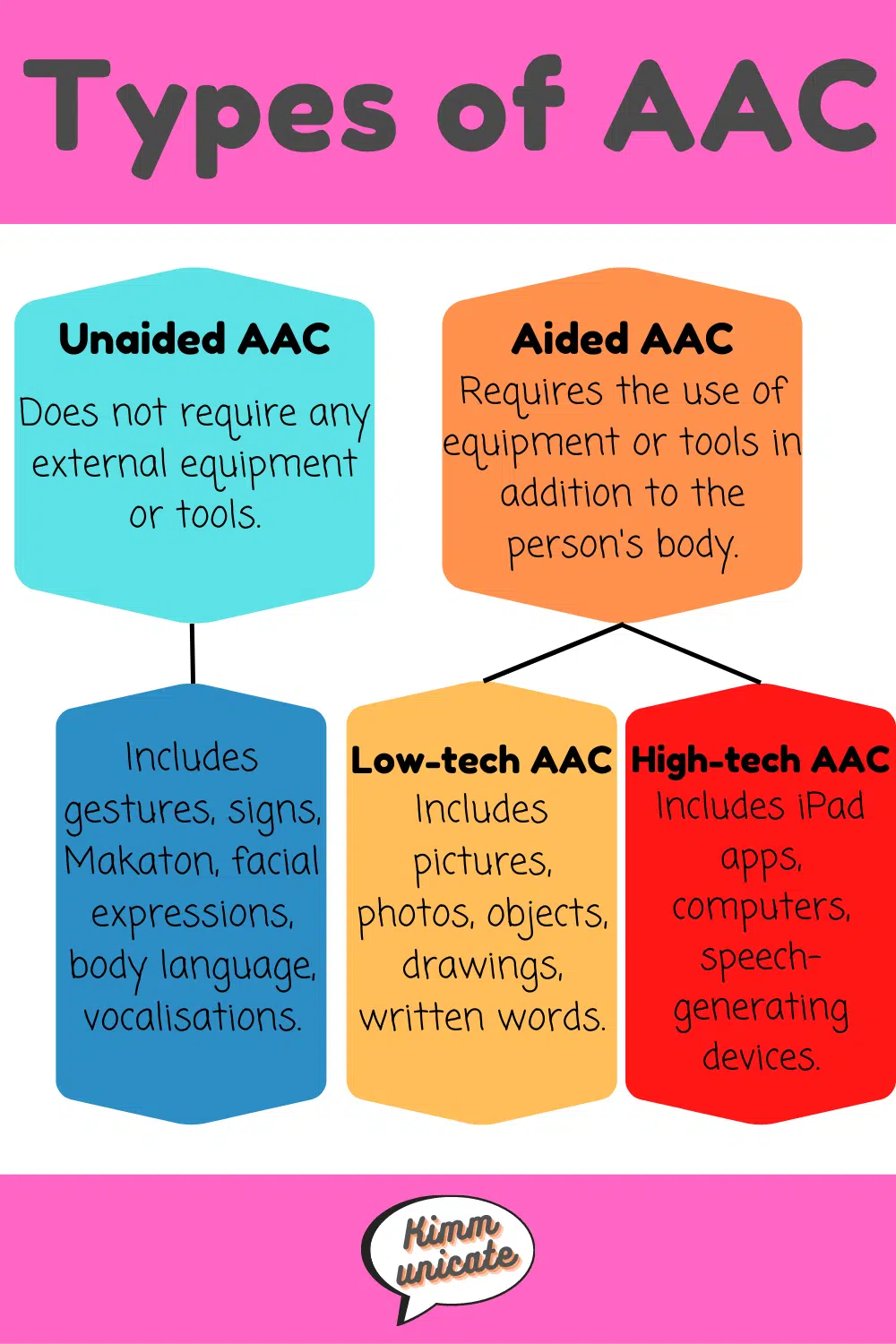Childhood Apraxia of Speech (CAS) is characterized by specific symptoms that affect a child’s ability to speak. Understanding these symptoms is crucial for parents seeking to identify and support their child with CAS. Here is a concise overview:
- Inconsistent speech: Children with CAS may produce inconsistent speech sounds, meaning they may say the same word differently each time.
- Difficulty with word initiation: Starting a word can be challenging for children with CAS, resulting in hesitations or pauses before producing a sound.
- Inaccurate pronunciation: CAS can lead to incorrect pronunciation of sounds, syllables, and words, making it difficult for others to understand.
- Limited speech repertoire: Children with CAS may have a limited range of speech sounds or struggle with producing complex sounds and word combinations.
- Rhythm and stress issues: CAS can impact a child’s ability to use appropriate rhythm and stress patterns in speech, affecting the overall flow and naturalness.
- Increased word and phrase repetitions: Repetitions of sounds, syllables, or words are common in children with CAS.
By recognizing these symptoms, parents can seek appropriate evaluation and intervention to help their child improve their speech skills.
This post was originally published on Feb. 1, 2023. It was updated on March 22, 2024.










